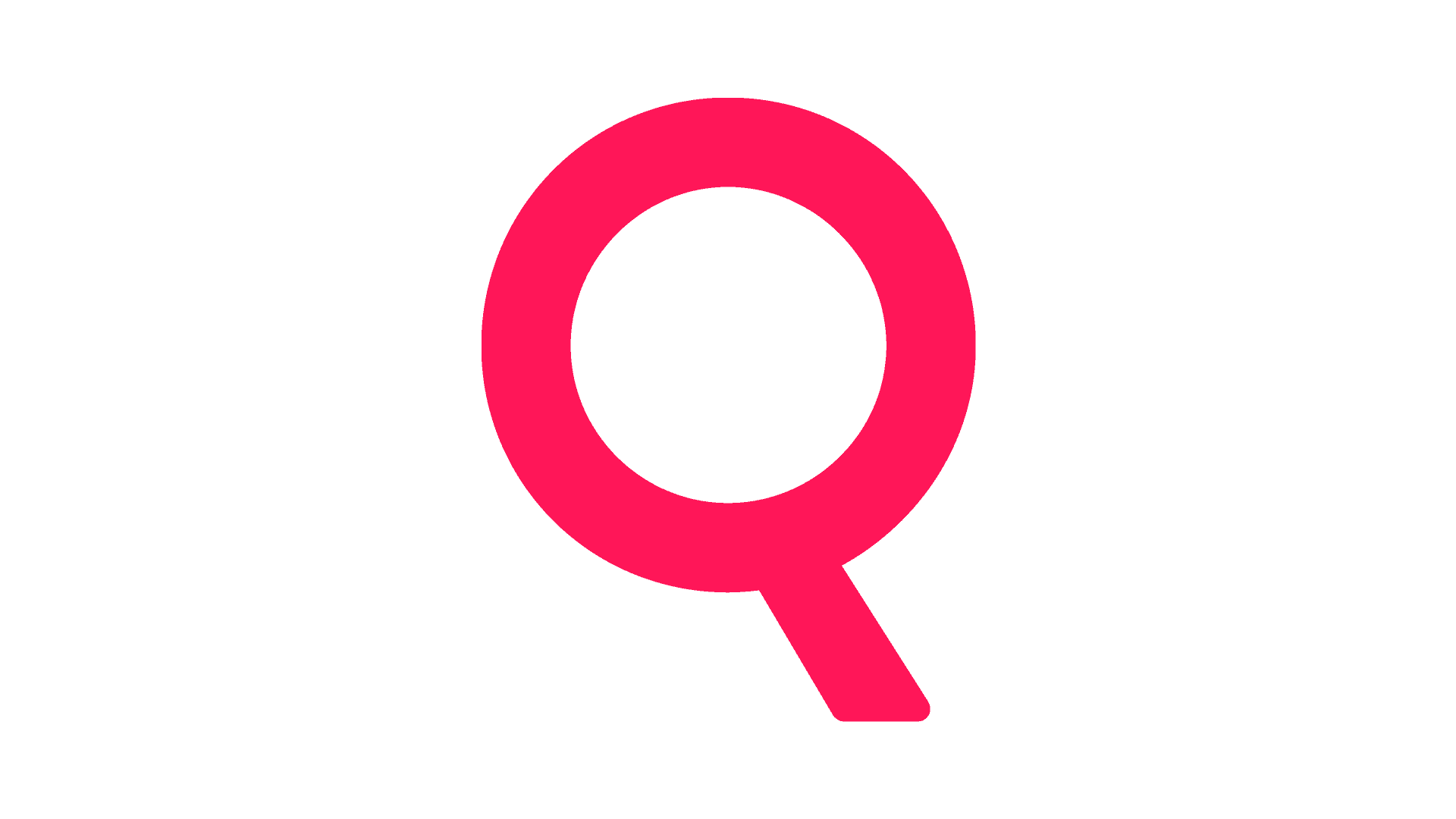This month the LGBTQ Collaboratory held our first audio digitization workshop, where potential volunteers were trained on the use of our new audio digitization station. This station allows us to create preservation quality .wav files from cassette tapes as well as noise-reduced, streaming ready versions that will eventually be made available to researchers through the online interface we’re currently developing. Al Stanton-Hagan, Cait McKinney, and Nicholas Matte lead the workshop for an enthusiastic group of 12 volunteers who will work on digitizing many of the great audio tapes at The ArQuives (The ArQuives). As part of this program we’ve developed a training manual that other organizations might find helpful in desiginging their own low-cost, easy to use audio digitization stations. Thanks to the Lesbian Herstory Archives and Indigitization: Toolkit for the Digitization of First Nations Knowledge, which both provided models for our system, and to Cair McKinney, for putting together such a practical and beautiful resource. We’ve been using the new station to digitize many rare audio tapes related to early transgender politics from the The ArQuives’s Rupert Raj collection. These tapes represent a unique collection that documents trans health issues in Canada beginning in the early 1970s. Specifically they are strong on the history of transexualism, the diagnosis of gender dysphoria, and support services available to trans people during this period. We’ve also digitized a number of interviews and dialogs with LGBT activists including Carole Pope, Nina Arsenault, Gary Kinsman, and a number of tapes related to the Body Politic. These tapes join the recently digitized complete collection of oral histories tapes from the Lesbians Making History project, an oral history project spearheaded in the mid-1980s by Amy Gottlieb, Maureen FitzGerald, Didi Khayatt, and others to provide rare oral histories of lesbian lives in Canada. Stay tuned for news about the public launch event for that project, which will take place on June 7th from 4-6pm at The ArQuives. Next up throughout April, we will be integrating our new audio volunteers into a regular schedule with ongoing training and support. It’s an exciting time for audio records at The ArQuives, with the support and efforts of LGBTQ Oral History and Digital Archives Collaborators! Follow the LGBTQ Oral History and Digital Collaboratory on twitter @lgbtqhistory

